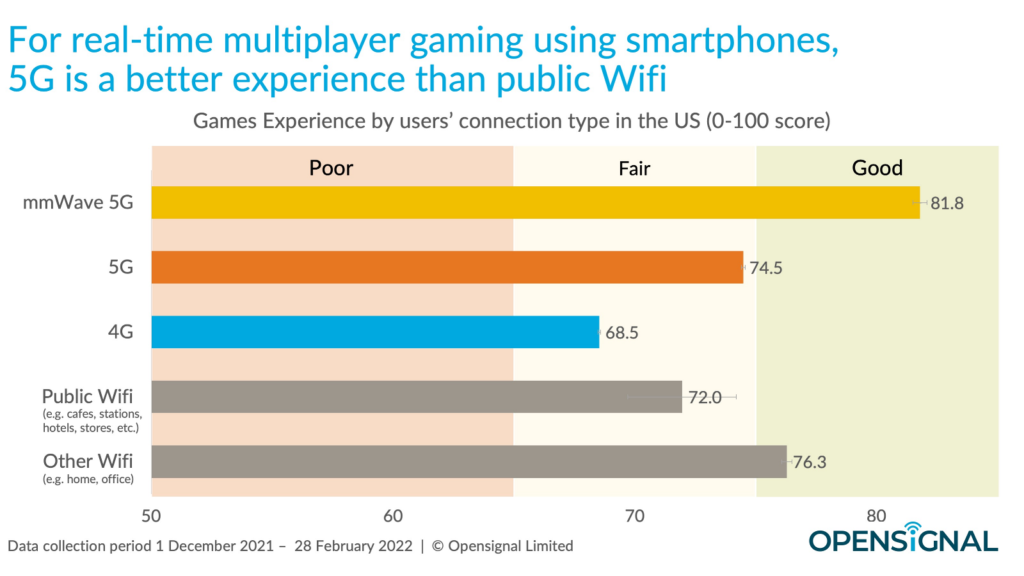Solid-state spin defects, particularly nuclear spins with potentially long coherence times, are promising candidates for quantum memories and sensors. However, their current performance is hindered by dephasing caused by variations in their intrinsic quadrupole and hyperfine interactions.
To address this challenge, MIT scientists proposed an unbalanced echo technique. This protocol, developed by the team, significantly extends the quantum coherence lifespan, leading to a 20-fold increase in coherence times for nuclear-spin qubits.
Termed as an “unbalanced echo,” the strategy devised by the team aims to enhance the system’s coherence time, similar to how noise-cancelling headphones filter out background noise using specific sound frequencies.
Through their research, the team successfully extended coherence times from 150 microseconds to as long as 3 milliseconds by understanding the impact of heat on nuclear quadrupole interactions in the system.
Guoqing Wang, Ph.D. ’23, a former doctoral student in Cappellaro’s lab and now a postdoc at MIT, commented, “In theory, we could potentially achieve coherence times hundreds or even thousands of times longer. However, in practical applications, other noise sources in the system may come into play, and our study demonstrates that by identifying and describing these sources, we can effectively cancel them out.”
Dmitry Budker, a renowned physicist, acknowledged the significance of the team’s work, stating, “The findings will have a profound impact on the future development of quantum devices.”
The study involved experiments and calculations on a significant ensemble of nitrogen-vacancy centers (NV centers) in diamond, atomic-scale impurities known for their unique quantum spin states. While coordinating large ensembles of NV centers posed a challenge, their potential for applications in quantum sensors, gyroscopes, and memory has long been recognized.
Wang elaborated, saying, “Our observation reveals that while initially synchronized, these ‘clocks’ lose their phase coherence over time, leading to what we term as their de-phasing time. Our goal is to utilize a large number of clocks while maintaining the same de-phasing time as a single clock, enabling enhancements from measuring multiple clocks without losing quantum information rapidly.”
The study delved into the theory of temperature heterogeneity-induced de-phasing, highlighting how temperature and strain affect various interactions within the material, leading to decoherence. The nitrogen nucleus, behaving as an incomplete nuclear dipole, initiates interactions such as the nuclear quadrupole and hyperfine interactions, which can be disrupted by temperature and strain variations.
By characterizing how heat affects these interactions, the scientists were able to counteract the effects and extend coherence times for the system using the unbalanced echo technique.
Li added, “The uniqueness of our work lies in using different interaction noises to cancel each other out selectively, a departure from conventional spin echo techniques. This system holds promise for diverse applications, including sensing temperature or strain field heterogeneity, offering potential benefits in biology and structural health assessments.”
This innovative technology not only aids in monitoring strain fields for structural health assessments but also holds potential in various applications, such as mapping neuronal activity in biology using quantum sensors. Additionally, the system represents a significant advancement in quantum memory capabilities.
Unlike existing methods that require complex procedures to increase qubit coherence time, the new system developed by the scientists prevents data loss and extends qubit coherence by eliminating the need for spin reversal, thereby advancing quantum computing.
The researchers are now exploring additional noise sources in the system, such as fluctuating electrical field interference, to further enhance coherence time.
Li expressed optimism, stating, “Having achieved a 20-fold improvement, we are committed to further enhancing the system’s performance. The unbalanced echo technique holds the potential for nearly infinite improvement, and we are investigating its application in quantum gyroscopes and optimizing key parameters for enhanced sensitivity.”
Journal Reference:
- Guoqing Wang, Ariel Rebekah Barr, Hao Tang, Mo Chen, Changhao Li, haowei Xu, Andrew Stasiuk, Ju Li, and Paola Cappellaro. Characterizing Temperature and Strain Variations with Qubit Ensembles for Their Robust Coherence Protection. Physical Review Letters. DOI: 10.1103/physrevlett.131.043602



